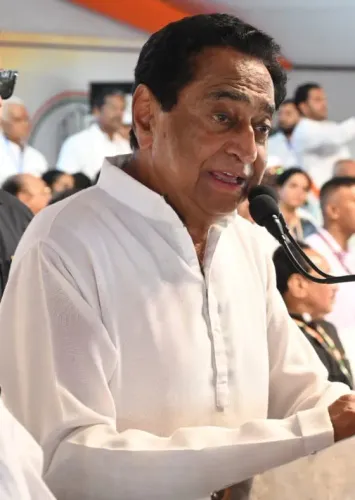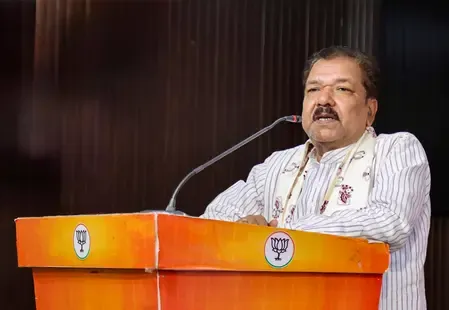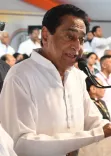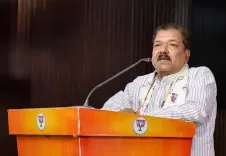Is the Railway Fare Hike 'Anti-People' and Against the Common Man's Interests?
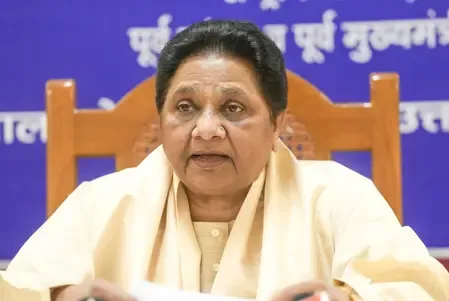
Synopsis
Key Takeaways
- Mayawati critiques the railway fare hike as harmful to the common citizen.
- Growing economic struggles for many in India, including poverty and unemployment.
- Rail travel is essential for migrant workers and the economically disadvantaged.
- The need for the government to act with compassion and responsibility.
- The ongoing electricity crisis in Uttar Pradesh highlights governance failures.
Lucknow, July 1 (NationPress) The President of the Bahujan Samaj Party (BSP) and former Chief Minister of Uttar Pradesh, Mayawati, fiercely condemned the Central Government’s recent decision to increase railway fares, labeling it 'anti-people' and detrimental to the interests of ordinary citizens.
In her statement, Mayawati emphasized that a significant portion of the country is already struggling with poverty, unemployment, escalating inflation, and a consistent decrease in income.
“In these challenging circumstances, the decision to raise railway fares seems to be motivated more by commercial interests than by the welfare-focused ethos articulated in the Constitution,” she remarked.
She drew a comparison to the Goods and Services Tax (GST), noting, “Similar to GST, the burden of 'Nation First' is being unjustly imposed on the common population through increased rail fares.”
Mayawati urged the Central Government to rethink the fare increase, stressing that rail travel is not a luxury for millions of impoverished Indians, but a vital means for survival and employment.
“For migrant workers, rail travel is not for leisure -- it is a necessity. The government must recognize their plight with empathy and care, rather than through a commercial perspective,” she stated.
Citing statistics, the BSP leader claimed that approximately 95 crore people are now beneficiaries of one or more government initiatives, which represents 64.3 percent of the population in 2025, a rise from 22 percent in 2016.
“This is not a cause for celebration -- it serves as a cautionary signal. It reflects a grave decline in the nation’s economic self-sufficiency,” she cautioned.
Mayawati also expressed her apprehension regarding policies aimed at controlling vehicular pollution, particularly in metropolitan areas like Delhi.
She accused these measures of unfairly targeting the underprivileged and middle-class sectors.
“Instead of just enforcing regulations, the government should create a comprehensive policy to protect the livelihoods of millions who rely on the transportation industry,” she insisted.
In her critique of the BJP-led Delhi government, Mayawati denounced the eviction of migrants from states like Uttar Pradesh, Bihar, and West Bengal without any rehabilitation plans.
“Such dislocation without viable alternatives is not only anti-people, but also disgraceful,” she stated, adding, “The judiciary has not prohibited rehabilitation prior to eviction; it is the government’s responsibility to respond with compassion and accountability.”
Addressing the power crisis in Uttar Pradesh, Mayawati pointed out that electricity shortages are significantly impacting both small enterprises and household consumers. She attributed this issue to privatization policies that have failed to secure adequate power supply and called for immediate corrective actions.
“The ongoing electricity crisis underscores the government’s inability to fulfill the basic needs of the populace,” she stated.

